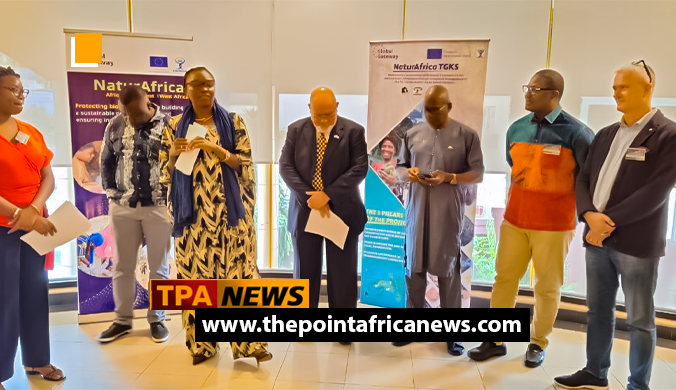
On July 1, 2025, Liberia and Côte d’Ivoire formally launched the NaturAfrica Taï‑Grebo‑Krahn‑Sapo (TGKS) Project during the 8th Bilateral Transboundary Steering Committee meeting. The €6.2 million conservation initiative, funded by the European Union and implemented by the Wild Chimpanzee Foundation (WCF), aims to protect one of West Africa’s last remaining tropical forest blocks while improving livelihoods in surrounding communities. The TGKS forest complex spans Taï National Park in Côte d’Ivoire and the Grebo-Krahn and Sapo National Parks in Liberia—covering nearly 5,800 square kilometers of high-biodiversity rainforest, home to endangered species such as West African chimpanzees, pygmy hippos, forest elephants, and hundreds of plant varieties. The project builds upon the EU’s earlier work through the PAPFor program, which in 2019 supported the creation of ecological corridors linking the transboundary parks.
The TGKS initiative builds on prior and parallel efforts, such as the €3.3 million SUSTAIN project launched in southeastern Liberia in March 2025. It aims to expand community-based ecoguard patrols, bolster prevention and enforcement against wildlife and forest crimes, promote agroforestry and ecotourism as alternative livelihoods, and improve forest governance using digital monitoring systems. In 2022, a related EU-funded pilot in Liberia trained over 200 community ecoguards, engaged 34 former bushmeat traders in conservation outreach, and reduced wildlife crime by 35 percent in the Grebo-Krahn region.
Despite these advances, the region continues to face serious challenges, including illegal logging, wildlife trafficking, and unregulated gold mining. In April 2025 alone, ecoguards documented more than 2,800 signs of illegal activity in Sapo and Grebo-Krahn parks and apprehended several poachers. Dr. Annika Hillers, Country Director for the Wild Chimpanzee Foundation, confirmed that the TGKS initiative will reinforce existing patrol efforts while also supporting the development of conservation-linked infrastructure, educational scholarships, community microfinance programs, and vocational training opportunities. She also warned that recent moves by the Liberian government to rezone approximately 34,000 hectares of previously protected land for mining pose a serious threat to conservation and ecotourism goals in the region.
The TGKS project is a flagship under the European Union’s NaturAfrica strategy, which is part of its broader Green Deal framework. This strategy prioritizes biodiversity protection, climate resilience, and community-led conservation models across Africa. As global forest loss continues to accelerate, the TGKS initiative represents a vital cross-border response to protect West Africa’s ecological and cultural heritage while improving local livelihoods and promoting sustainable development.
By: David S. Johnson – Staff Reporter | TPA News Desk | Monrovia



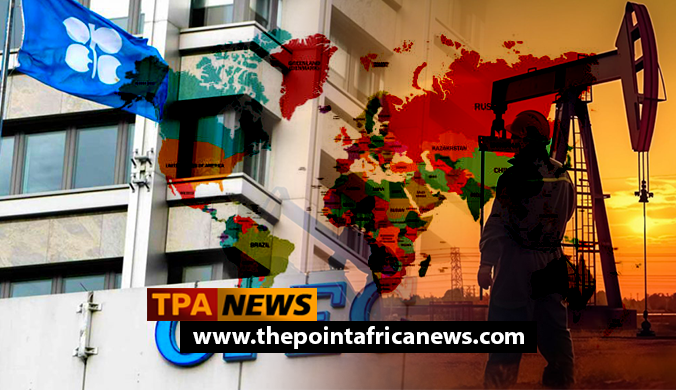
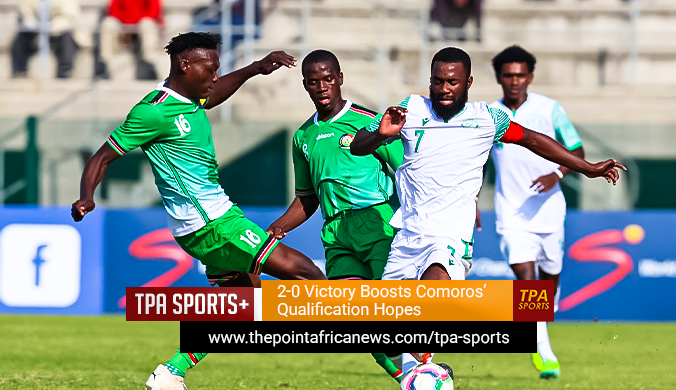
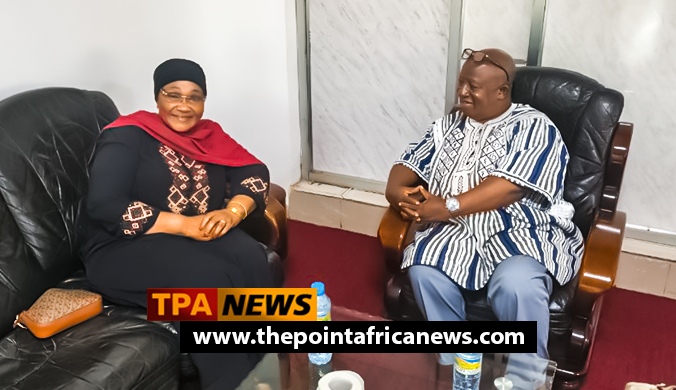
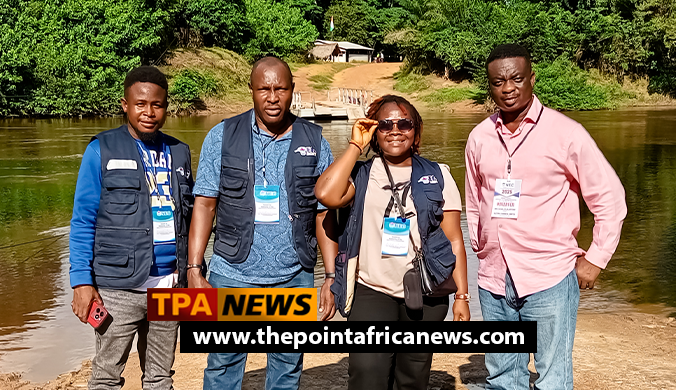
Leave a Reply